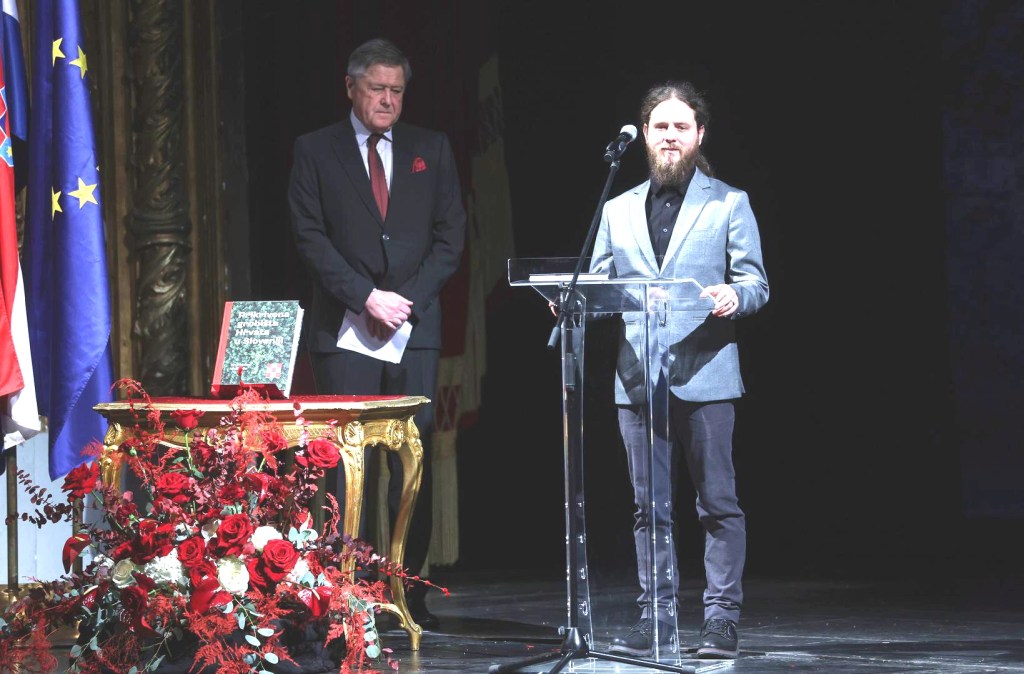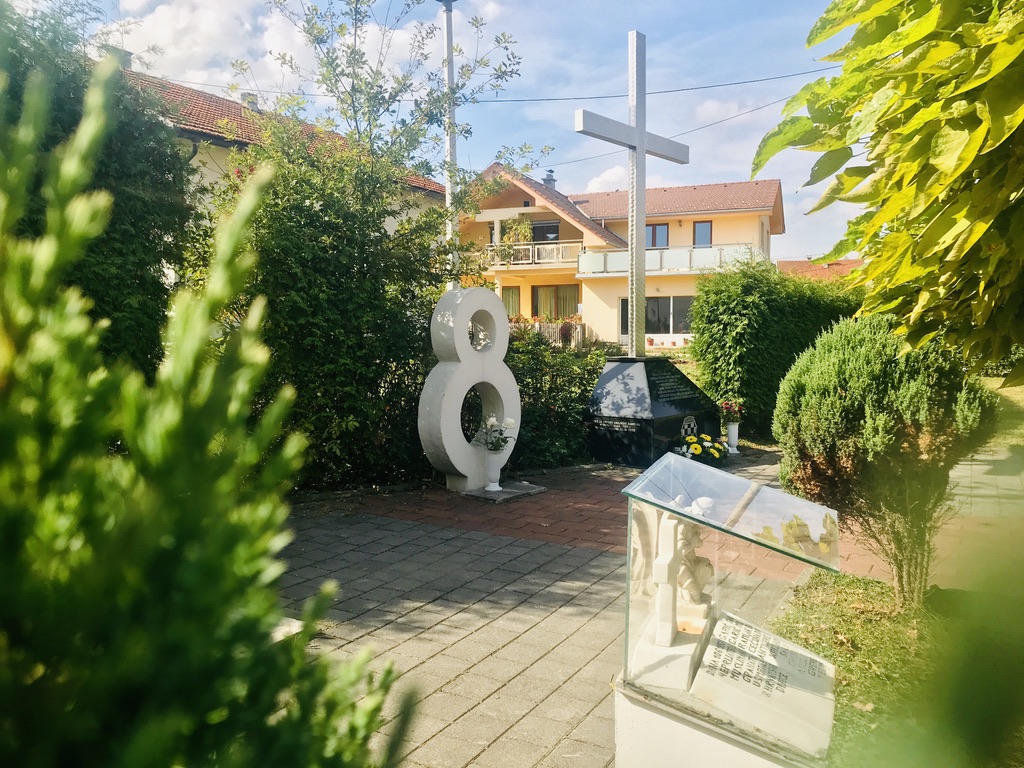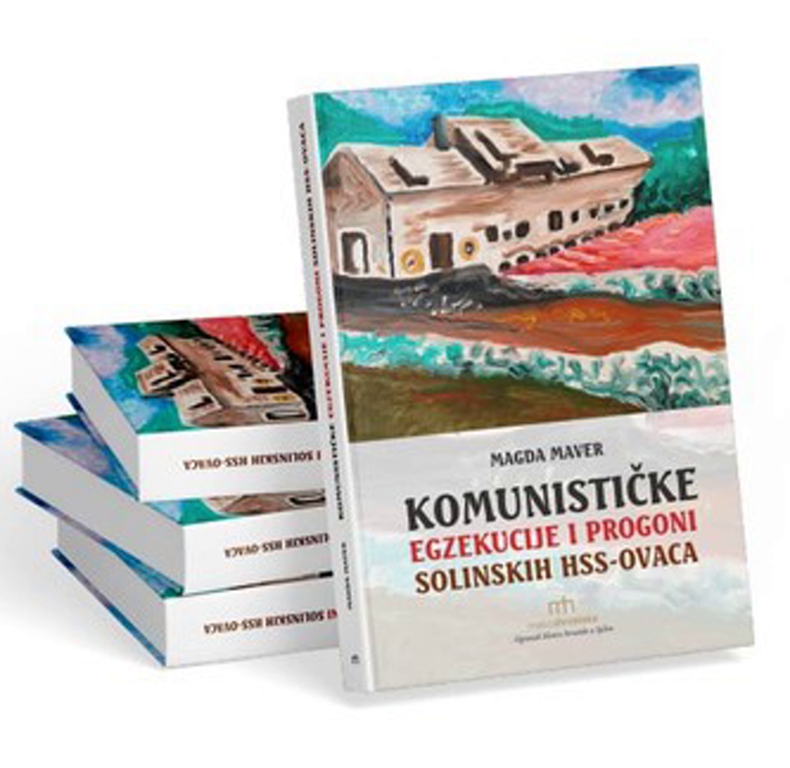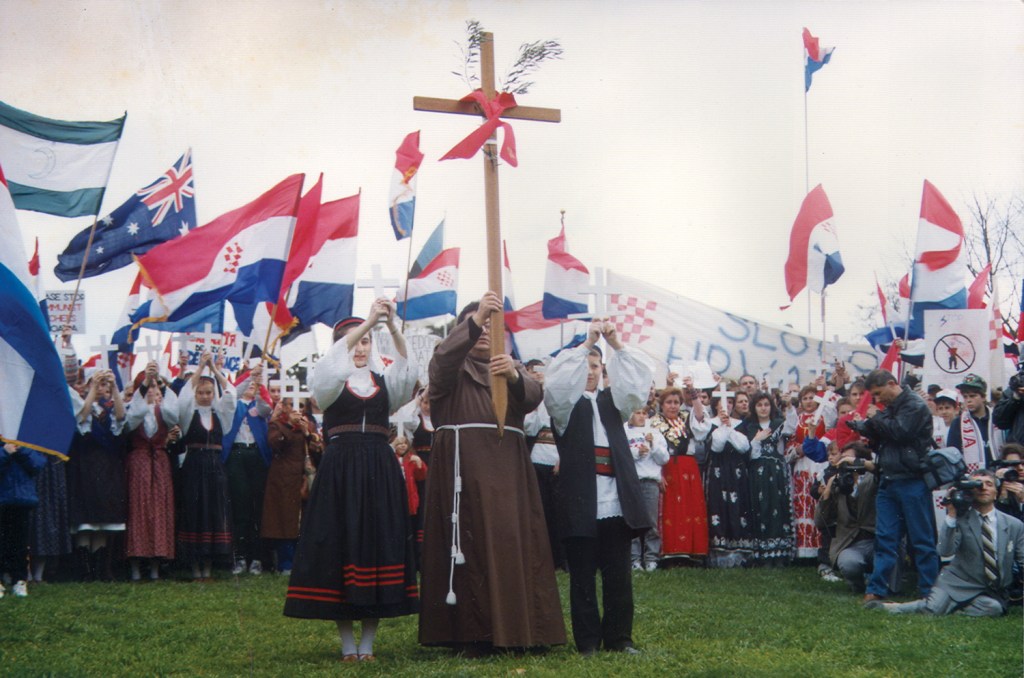
visit Croatia 14 March 2016
Charles, The Prince of Wales and his wife Camilla, Duchess of Cornwall, landed Monday 14 March in Croatia’s capital, Zagreb, for a two-day stay before proceeding to Serbia, Montenegro and Kosovo.
The British royals are expected to promote peace and reconciliation in the region where some 100,000 people died during the 1990’s war and over a million were displaced. There have been fears Balkan tensions could be fueled by the ongoing migrant and refugee crisis.
The region has seen a huge influx of refugees from Syria, now mainly confined to the borders, but the royal visit will not see Charles meeting those fleeing war, as he has done on recent trips to Jordan.

Inspect the presidential Guard and Croatian Army Soldiers
Photo: Tim Rooke/REX/Shuttleimages
The Duchess will carry out a number of events highlighting the work of those combating sexual violence, an issue she has championed for a number of years, while the Prince will also focus on a key issue he has supported, inter-faith dialogue.

Kolinda Grabar-Kitarovic
President of Croatia
in a friendly exchange
Photo: Tim Rooke/REX/Shuttlestock
There was “incredible” excitement in Croatia over the visit, even more excitement than what a visit from the United States president – certainly for countries in this region, Ian Cliff, the British Ambassador to Croatia had commented to UK Daily Mail.
He continued: “It is a renewal of contact at this particular Royal level, between Britain and Croatia, after a gap of 20 years.”

Croatian folklore dancers
Photo: Tim Rooke/REX/Shuttlestock
On a political level capturing significant historical facts the revelling for the British Royal’s visit to Croatia so close to the May commemoration of the Bleiburg massacres of May 1945 – is simply non-existent. Croatian people, Croatian history, would largely expect at least an acknowledgment if not an apology for the terrible, terrible deeds that occurred under the British watch at Bleiburg and around it mid- May 1945. In that time in history the British army administering that part of post-WWII Austria, instead of carrying out the promised assistance for a safe passage to refugee camps in the “West” forced the hundreds of thousands of unarmed Croatian soldiers, civilians with women and children fleeing Josip Broz Tito’s communist Yugoslavia – back to Yugoslavia and into certain death by massacres and mass murders.

Croatia’s Prime Minister
Tihomir Oreskovic in Zagreb 14 March 2016
Photo: AFP/Getty Images
But still, the moments of excitement for the Royal visit to the Croatian town of Osijek in Slavonia (the region of Croatia that suffered terrible damages and deaths during the 1990’s war of Serb aggression and managed to reintegrate the Serb occupied Croatian territory through the process of peaceful reintegration) are aplenty but they also bring mixed-feelings and slight unease. That is, Prince Charles’ great-great-grandfather Francis Duke of Teck – father to the British Queen Mary consort to King George V, mother to Edward VIII and George VI, grandmother to Queen Elizabeth II and great-grandmother to Charles, Prince of Wales – was born in Osijek (then known as Esseg), Croatia in 1837 (which then belonged to the Austro-Hungarian Empire) but that fact had been kept mysteriously under the covers for generations.

It was from Osijek that Francis Duke of Teck moved to London as young man in 1866 with little means and no wealth but those facts had for a long time been concealed from the world’s public until a few years ago when the English Wikipedia published them, and this part causes a certain unease with the public in Croatia as if the Royal family have not been upfront intentionally about the “immediate” family history, rather citing Vienna as Duke of Teck’s birthplace. Perhaps Vienna was more “posh” a place in the Austro-Hungarian Empire but for goodness sake – birth place is a birthplace!

and Mary Adelaide

with parents
Mary Adelaide and
Francis Duke of Teck
Francis, Duke of Teck was a member of the German nobility House of Württemberg; he was created Duke of Teck in 1871 by King of Württemberg. Count Francis von Hohenstein was his title at birth. He was educated at the Imperial Austrian Academy of Engineers from 1849 to 1853 and joined the Imperial Austrian Army as a lieutenant in the 1st Lancers in 1854. Without succession rights to the throne, Francis was not acceptable as a husband for princesses in most of the European royal houses. He further had little income in comparison with other European princes. He thus married into a richer family, by marrying his father’s third cousin (in descent from King George II of Great Britain) Princess Mary Adelaide of Cambridge, the younger daughter of Prince Adolphus, Duke of Cambridge, and a granddaughter of George III, who was known as ‘Fat Mary’ because of her wide girth. That, together with the fact that she was (by 1866) already in her thirties meant that Mary Adelaide was also short of choices for marriage. The marriage though was by all accounts a happy one and produced three sons and one daughter – Mary, even if wealth was not always there.
Not many are aware of this connection the British Royal Family has with Croatia and it’s a detail that doesn’t leave any significant mark on the earth Croats walk on, or the world for that matter, but what could be positively significant from this visit is if after seeing the devastation still visible in Croatia from the 1990’s war of Serb aggression, his visit to Serbia and Kosovo does make a positive impact upon Serbia when it comes to their acknowledgement of the aggression and wrong-doing with view to moving forward in reconciliation.

in Osijek, Croatia
15 March 2016
(By the way, the British Royal family also has family connections in Serbia with King Aleksandar Karadjordjevic of crumbled Kingdom of Yugoslavia marrying 1922 Queen Victoria’s great-granddaughter Maria [Romanian royal family]). Furthermore, the British representatives in the European Commission and the UN were among the loud ones who imposed various arms embargoes, so Croatia couldn’t defend itself from Serb aggression in 1990’s with any decent arms build-up, and various rules and ludicrous theories about how Croatia should/could be carved up into zones to give away parts of its territory to Serbs/Serbia etc and were very active and acted against Croatian independence from communist Yugoslavia. One only needs to think back of Lord Peter Carrington, Lord David Owen, Lord Paddy Ashdown – so much devastation to Croatia’s independence and democracy plights done by these three.

Holy Trinity Square in Osijek, Croatia
15 March 2016
Photo: Davor Kibel
No wonder the relations between the countries haven’t been too close politically for 20 years. Perhaps Prince Charles can inject some true warmth in this but I do doubt it. It would be such a treat for justice if, at least, Britain did apologise to Croatia for being instrumental in the start at Bleiburg May 1945 of terrible communist crimes against Croats. On his visit to Osijek, his great-great-grandfather’s birth city Prince Charles was reportedly very friendly and took great interest in the agricultural produce, homemade products and trades exhibition organised in his honour. How much this “fly-through” visit will impact the future by clarifying the past is anyone’s guess but I do believe much more is needed for visible positive steps in reconciliation of 1990’s war and its aftermath than this. Ina Vukic, Prof. (Zgb); B.A., M.A.Ps. (Syd)








Leave a reply to therealamericro Cancel reply